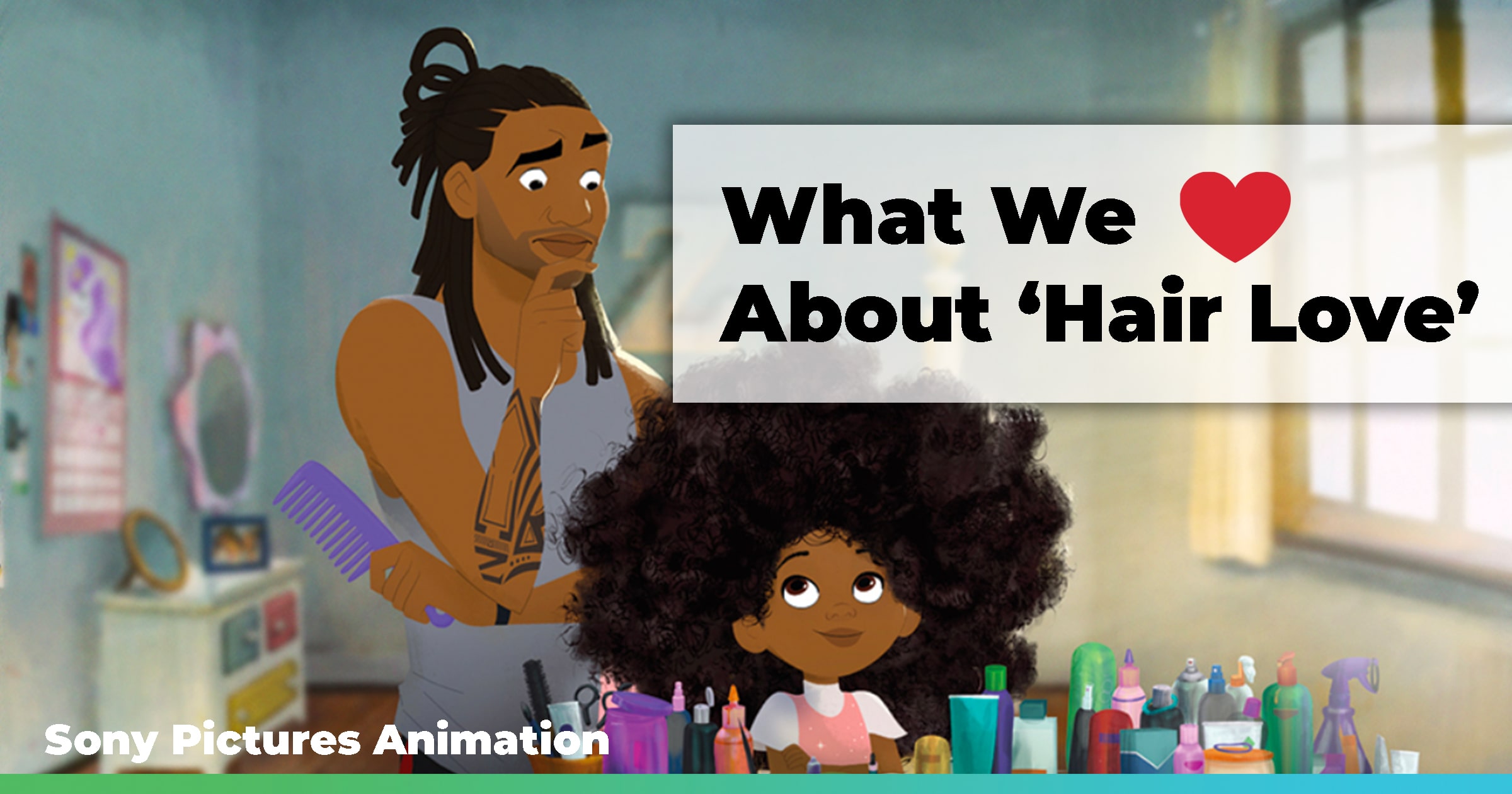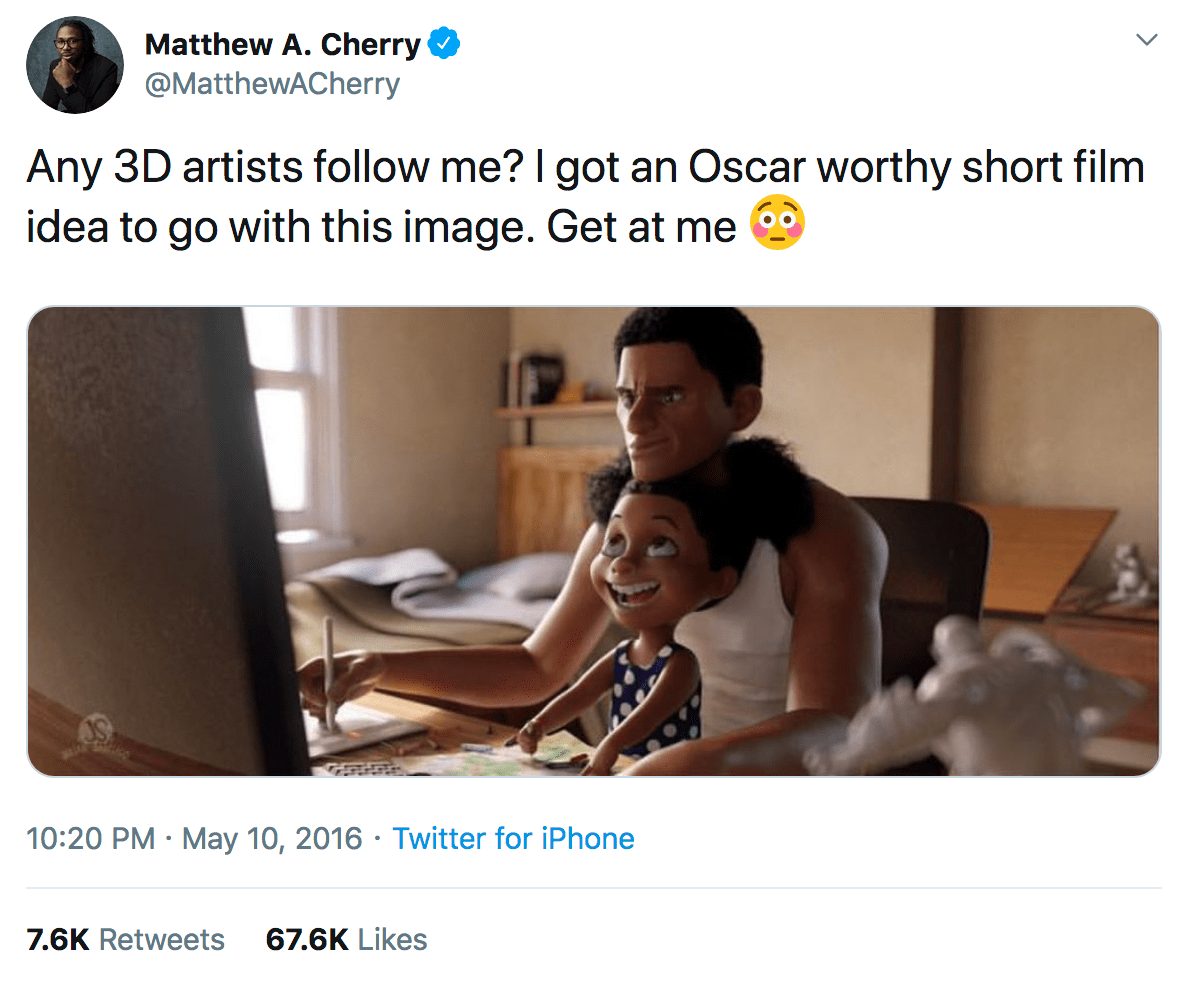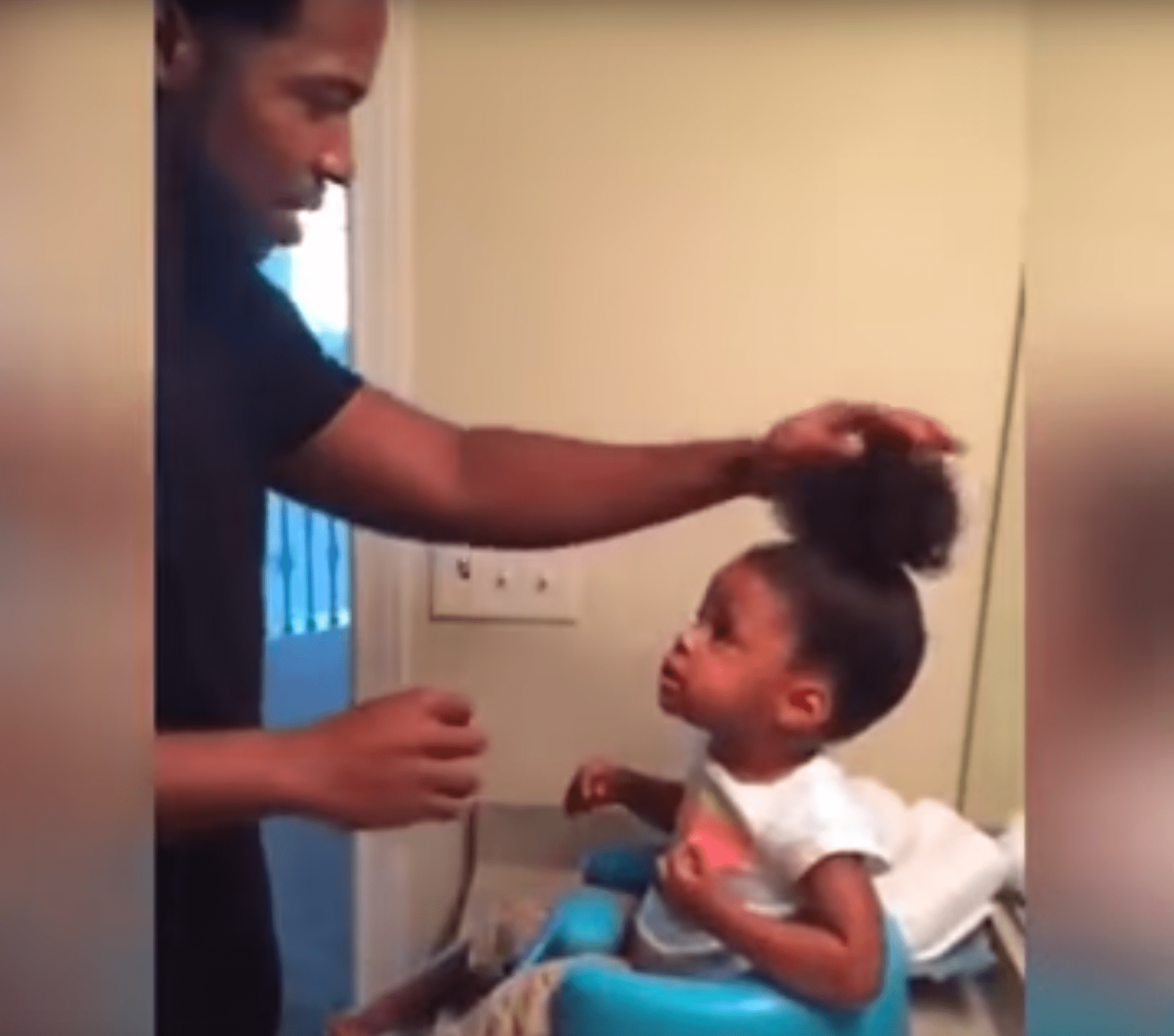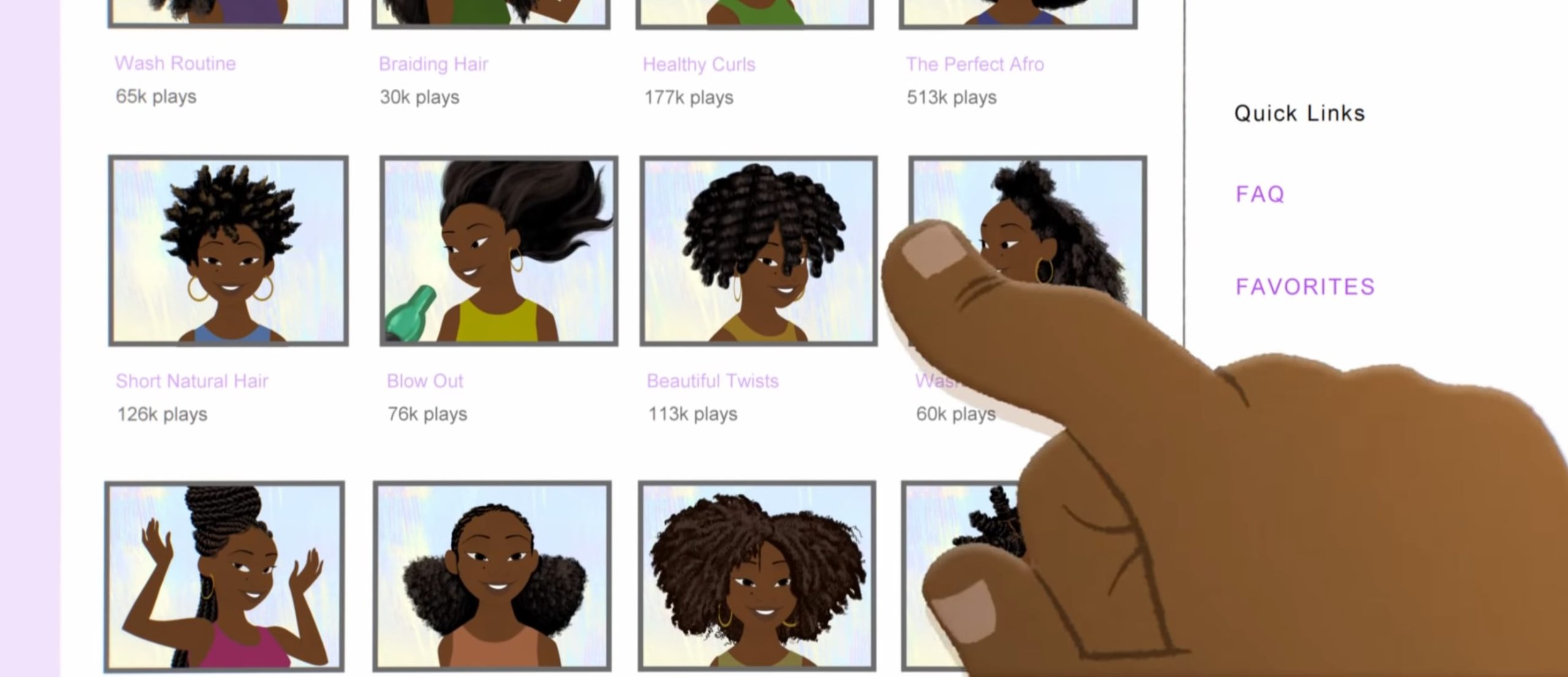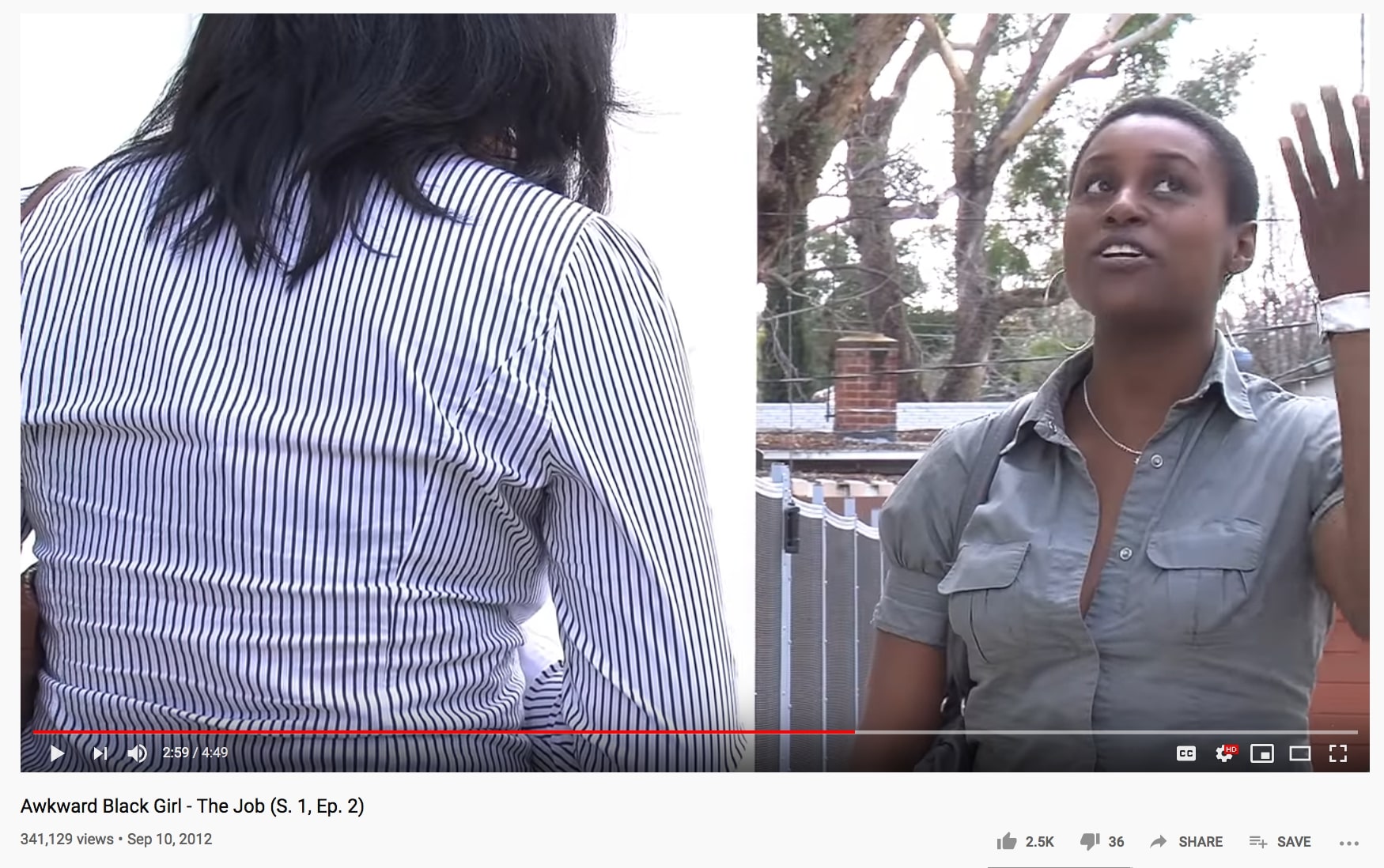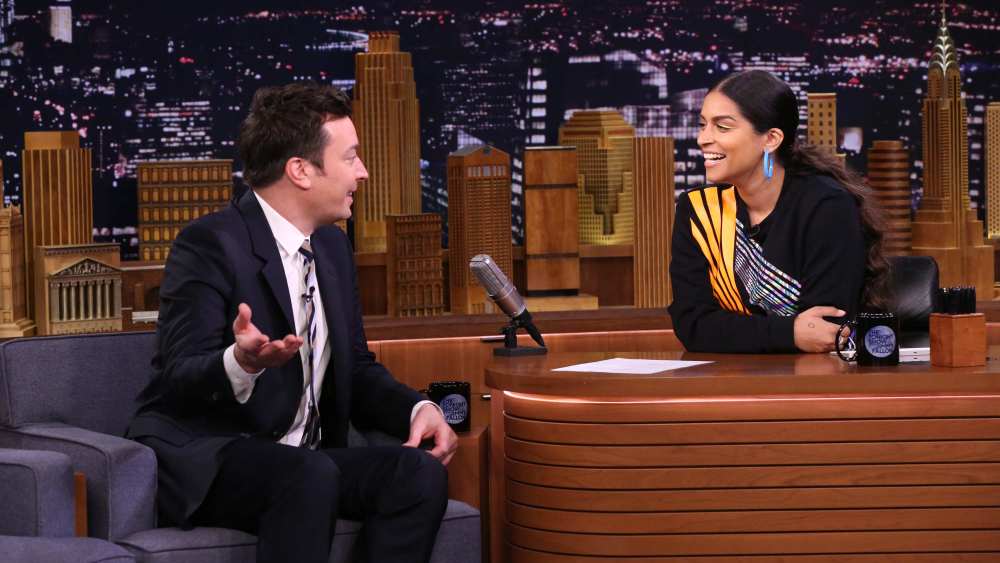May 10, 2016 – Film director, writer, producer and former professional football player Matthew A. Cherry took to Twitter to post perhaps the most prophetic Tweet of all time:
A little over three years later, that impressive bit of self-manifestation came true. His short film, Hair Love recently won Best Animated Short Film at the 92nd Academy Awards. The film centers around an African-American father who lovingly learns to style his daughter’s hair by following along to YouTube tutorials. Cherry was inspired by heartwarming real-life viral videos like LOL! When Dads Do Their Baby Girl’s Hair which he directly referenced on Hair Love‘s official Kickstarter. Cherry wanted to capture this powerful experience, which he describes as one that fights against “negative stereotypes of dads not being involved in their kids’ lives,” through the lens of animation.
Hair Love‘s official Kickstarter campaign quickly attracted a community of engaged supporters and launched Hair Love into becoming the most backed short film of all time.
In today’s digital environment, we have the ability to learn anything on our own by following along to any of the millions of popular educational videos available on social media. Not only that, but creators from every community are now able to produce their own content, telling their own stories and experiences using their authentic voices.
In an act of perfect synchronicity, the natural hair Vlogger portrayed in Hair Love whose YouTube tutorials teach the father/daughter duo how to properly style her hair is voiced by none other than Issa Rae, the Emmy-winning writer and actor who also rose to fame through her own self-published YouTube series (poetically, also backed by a loyal and engaged fan base on Kickstarter).
Like Cherry, Rae understood the power of social media when she uploaded her independent web series to YouTube as a student at Stanford. YouTube gave her the opportunity to put her voice out into the world and connect to a larger group of people with shared experiences – the kind of opportunity that is unfortunately all-too scarce in traditional media.
“If it weren’t for YouTube, I would still be at studios trying to convince executives that Awkward Black Girls really do exist.”
Indeed, social media has given rise to a generation of brilliant, driven creators who are able to express their unique experiences without the limitations of traditional media channels. Limitations that are finally beginning to fade away due to their overwhelming success!
For example, Lilly Singh became the first bisexual woman of color to host a late-night talk show after NBC wisely snagged her in the midst of a meteoric rise on YouTube. When the world’s biggest movie stars such as The Rock are now sharing the screen with YouTubers like Singh, we can clearly see how social media creators are breaking down barriers for everyone and revolutionizing traditional media in the process.
As Marc Pritchard, Chief Brand Officer at P&G put it: Multicultural casting is not multicultural marketing.
Brands don’t need to look any further than Hair Love to see why it’s important for creators from every community to tell their own stories. In 2020, we are in the midst of a powerful cultural movement headed towards a more inclusive world, which is a huge opportunity for brands to partner with and support this growing group of creators in an era of culturally-relevant communication.
That’s all for now. We’ll leave you with our favorite line from Hair Love: The road ahead may look rough, but you can get there with a little bit of work and a lot of love.
***
Have you watched Hair Love yet?
If you have, let us know how many minutes you got through before openly crying 😭 by dropping us an email at social@openinfluence.com. As always, be sure to sign up for our newsletter below!
